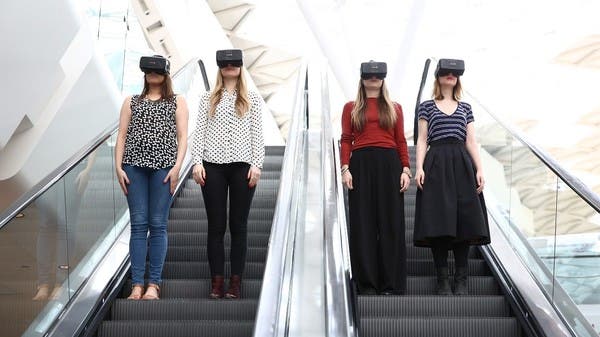A few years ago, fashion was essentially a sci-fi experience, but more lately, it has become a reality, allowing us to alter and simplify our purchasing patterns. Smart mirrors promise to improve the comfort and sophistication of the shopping experience.
International brands are involved in a number of projects that try to enhance online shopping experiences and lower the high expenses associated with returning items like watches, eyeglasses, eye cosmetics, and shoes. And while some people may never give up a traditional shopping trip, many turn to remote shopping services when they get bored of navigating crowded malls and changing rooms.
These people will discover that telemetry, a technology that has started to advance since the Corona pandemic, has revolutionised their lives. Telemetry will eventually become one of the pillars of the future shopping experience.
The remote product experience service dates back to 2010, but it did not really take off until the Corona pandemic spread, the ensuing string of store closings, and the demand for e-commerce that does not require touching or testing things. These significant limitations have led to customer unhappiness and the consequent rise in expenditures from product returns or replacements.
Due to this reality, consumers are turning to augmented reality, which enables internet buyers to try on accessories, clothing, and makeup without leaving their homes.
The cosmetics business, which conducted numerous tests in this area to be able to satisfy consumer demands when faced with the closing of makeup counters and beauty parlours, was the first industry to stand out in the field of remote product testing.
Additionally, they were able to easily test out cosmetics and hair colouring without having to adhere to store opening and closing hours thanks to augmented reality.
Chanel, Benefit Cosmetics, Maybelline New York, NYX Professional Makeup, and Sephora are a few of the companies that were among the first to use cosmetic trials by default.
and these companies have taken the initiative to open the door for new services that are now considered procedures, such as remote skin diagnosis.
Social media has followed brands’ lead, realising the difficulties that such innovation brings.
The virtual experience of products is still in its infancy, according to a survey done at the end of 2020 on 2,000 British and American consumers between the ages of 16 and 35. The survey also found that about half of those surveyed accept purchases from online retailers that provide a remote experience service.
Because of this, brands have adopted this service as a new benchmark that encourages online purchase.
Due of the logistical challenges and high costs connected with exchange and return services, luxury businesses have turned to technology to enhance their customers’ experiences and offer solutions.
Brands like Gucci, Dior, Asos, Snapchat, Havaianas, Google, and even Amazon launched their own virtual rooms to play with clothing and accessories in both virtual and traditional shopping circumstances as a result of technology’s improvement of their relationship with their customers.
To satisfy clients, it is necessary to discover a way to combine traditional and electronic commerce.
The next stage in this field hinges on the creation of smart mirrors that are installed in traditional stores and allow customers to virtually try things without having to go into the changing rooms. This form of mirror is now being developed to adapt to all body types, sizes, and weights, which is a hopeful development for the future of shopping.
Virtual changing rooms and smart mirrors for a new shopping experience


ZznLwgPbBeG
omjhMtqlKVZNFTn
MmeuiDyjIHVZbz
LueMbgXTQwhA
hOYvpVjsCtb